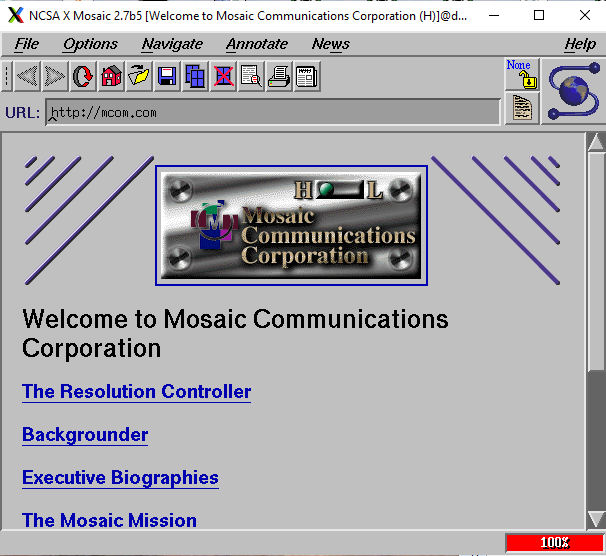“The only thing I knew how to do
Was to keep on keepin’ on like a bird that flew”
(1975) “Tangled Up In Blue” – Bob Dylan
tl;dr with 86Box, obsolete hardware not needed
[update December 2021: files for 86Box install at https://technologists.com/DellUnix2.2.1/]
[update February 2024: [koko] knowing and accepting limitations]
With prodding and help from Antoni Sawicki, and bits of help from others, I’ve been trying to get Dell Unix to be sustainable on modern hardware. I’d succeeded in building our SVR4 from the last sources on turn of the century and older hardware. VMware and VirtualBox options seemed plausible, but so far we haven’t gotten those to have minimally useful networking, only had slow SLIP.
 Though it has been around for years, and used by Antoni before, I was unaware of 86Box until late last year when Antoni posted about it, particularly: Dell Unix on 86Box “Today let me present Dell Unix more properly, with 1024×768, 256 colors video and proper networking using emulated VGA and NIC.” That post illustrates Mosaic, FrameMaker et al.
Though it has been around for years, and used by Antoni before, I was unaware of 86Box until late last year when Antoni posted about it, particularly: Dell Unix on 86Box “Today let me present Dell Unix more properly, with 1024×768, 256 colors video and proper networking using emulated VGA and NIC.” That post illustrates Mosaic, FrameMaker et al.
That left the question “What about using Dell SVR4 on 86Box to build SVR4 from the sources?”
(more…)

You must be logged in to post a comment.